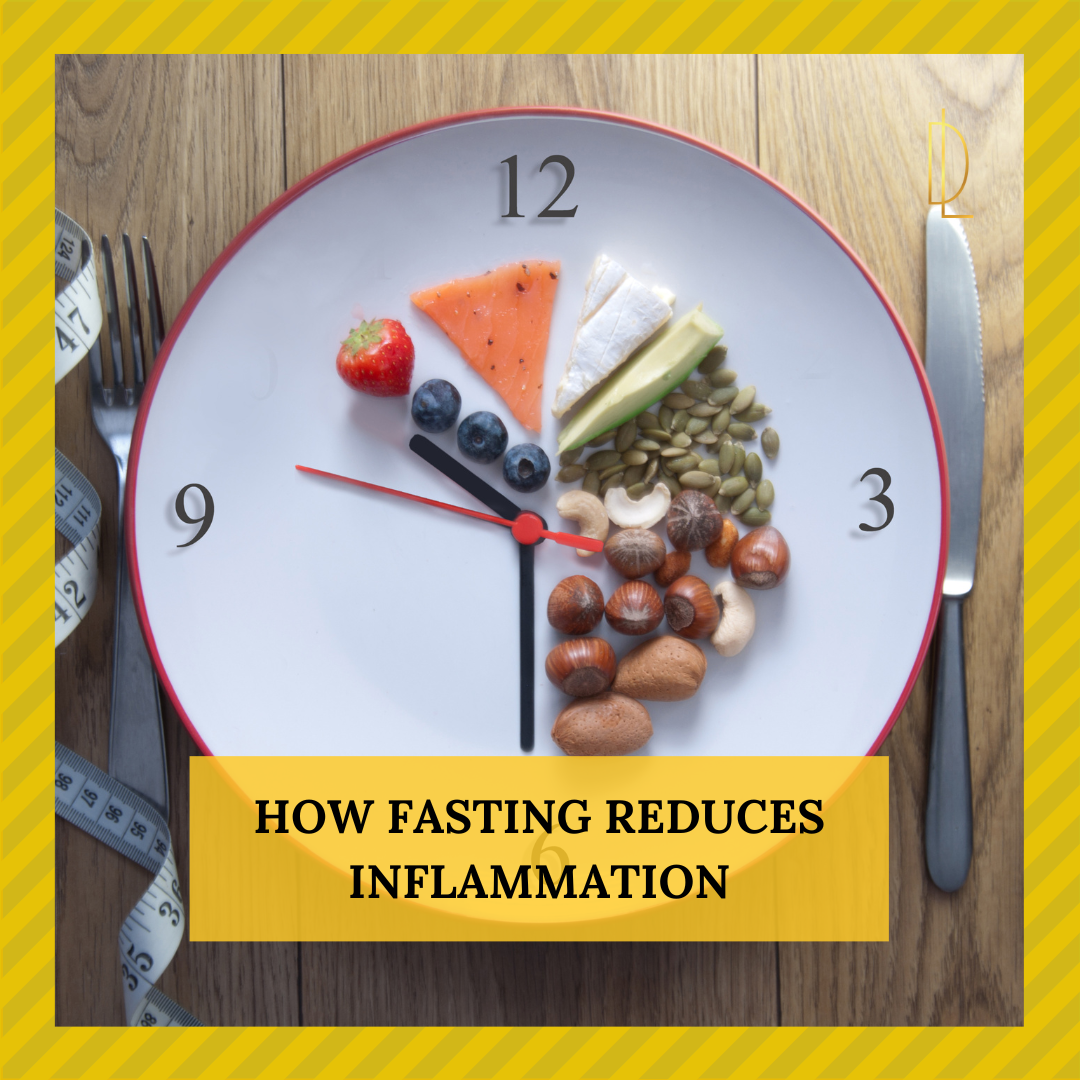How Fasting Reduces Inflammation
Fatigue, swelling, stiffness, joint pain, and mood swings - what ties these seemingly unrelated symptoms together? They're often exacerbated by systemic inflammation. I often encounter clients grappling with inflammation symptoms, and where suitable, I guide them towards incorporating intermittent fasting into their routine. Intermittent fasting is known to alleviate inflammation in the body, offering relief from these discomforts and revitalizing energy levels.
Intermittent fasting entails abstaining from consuming anything that contributes to energy intake, including beverages like milky tea and fruit juices, within a specified timeframe. One prevalent intermittent fasting method is time-restricted feeding, where individuals adhere to an 'eating window' of typically 8-12 hours daily and fast for the rest. For example, maintaining an 8-hour feeding window, one might eat between 10:00 am-6:00 pm and fast from 6:00 pm -10:00 am the following day.
How does intermittent fasting combat inflammation?
Here are three primary mechanisms:
1. Triggering weight loss:
Intermittent fasting, while not a quick solution, promotes sustained calorie deficit and eventual body weight reduction. Even modest fat loss, such as 10% of body weight, has been associated with decreased inflammation and relief from symptoms like low energy and joint discomfort.
2. Balancing blood sugar:
Optimal blood sugar levels are crucial for inflammation management. Intermittent fasting helps maintain stable blood glucose levels by avoiding frequent snacking and subsequent glucose and insulin spikes. By supporting balanced blood sugar, intermittent fasting helps mitigate inflammation.
3. Lowering inflammatory markers:
Inflammatory markers like homocysteine, interleukin 6, and C reactive protein are linked to chronic low-grade inflammation and various health conditions. Studies suggest that intermittent fasting can decrease these inflammatory markers while increasing adiponectin, an anti-inflammatory marker. This dual action contributes to overall inflammation reduction.
Understanding how intermittent fasting addresses inflammation allows individuals to consider it as part of a holistic approach to promoting health. It's crucial to approach fasting safely and under professional guidance, especially for those with underlying health concerns.




